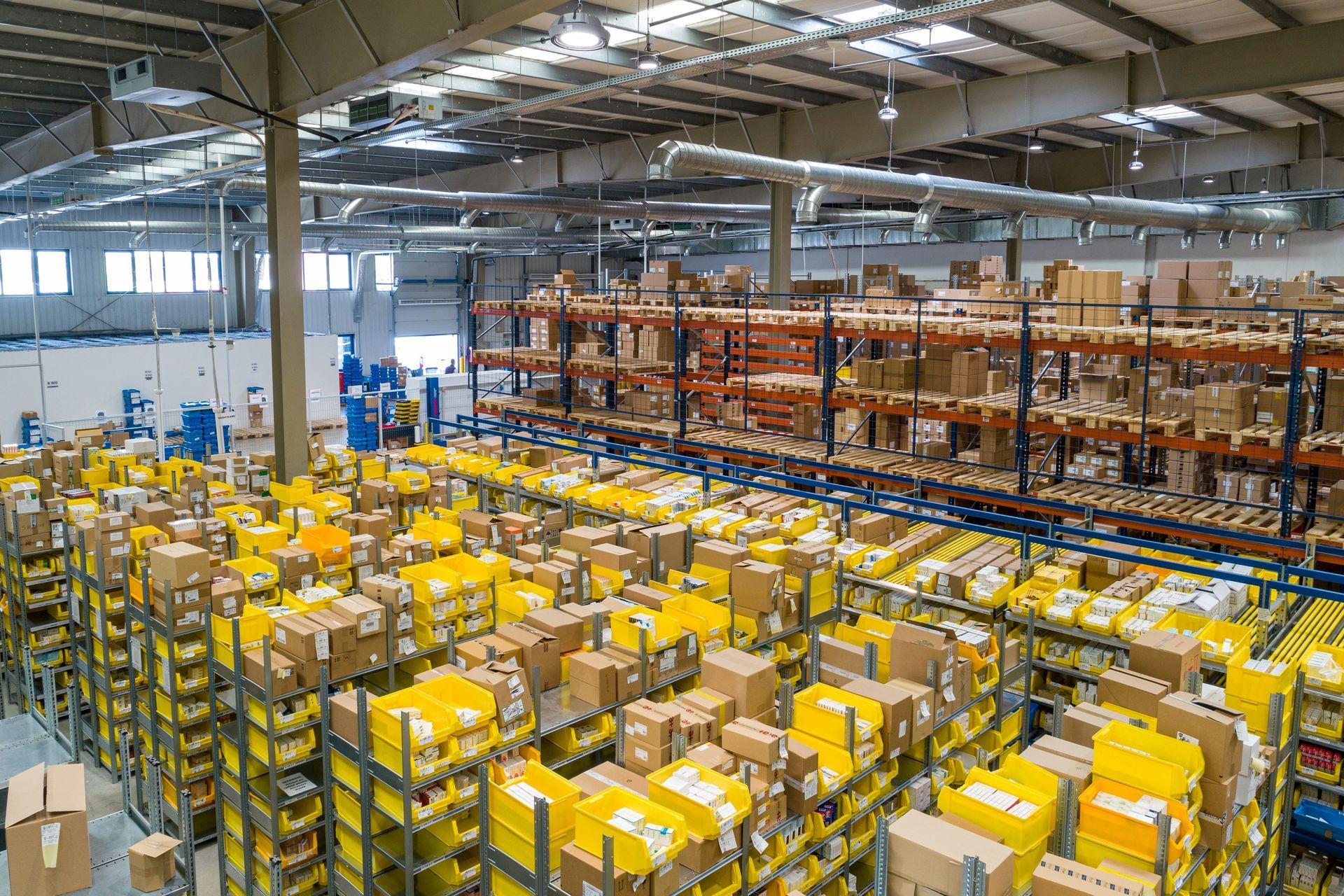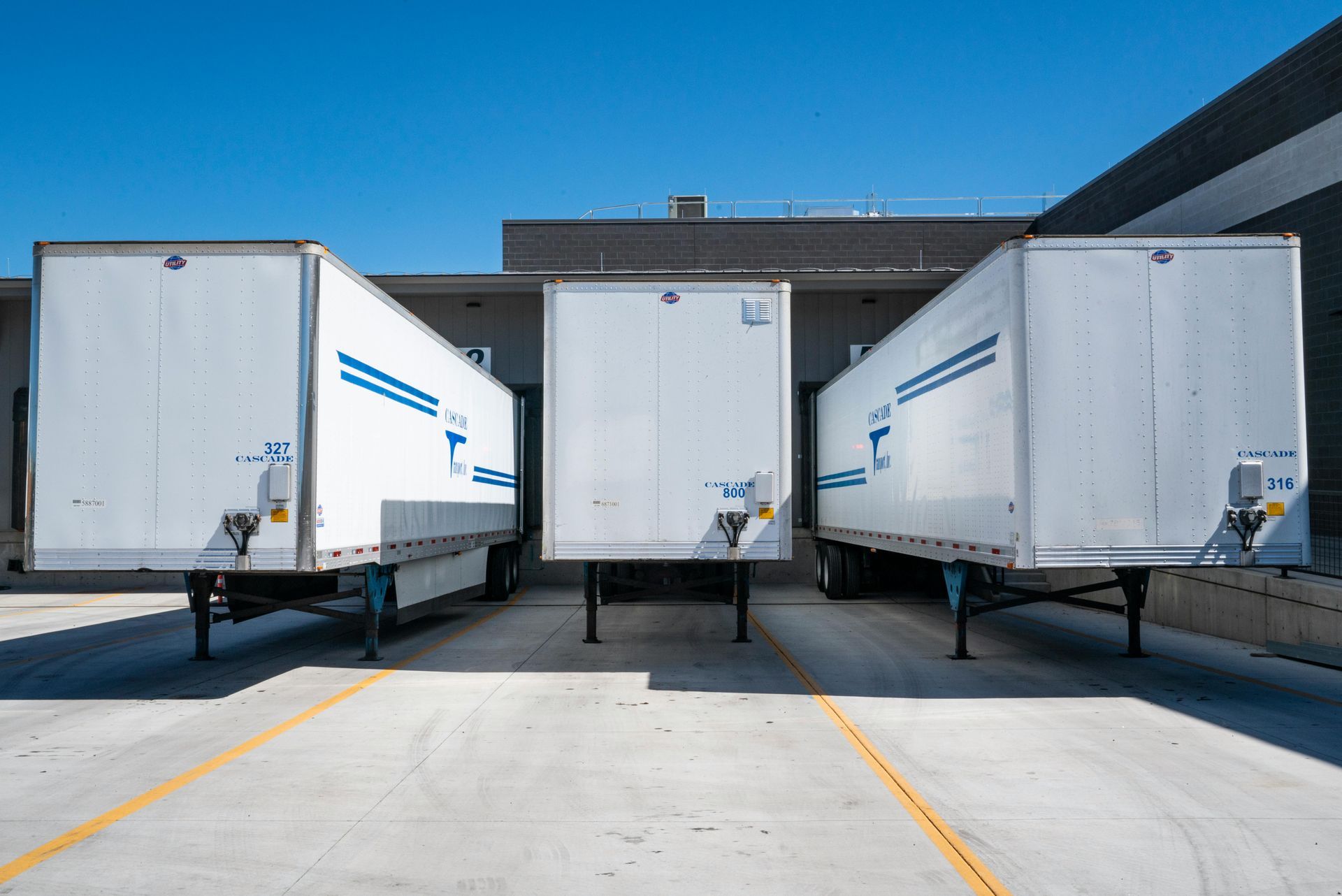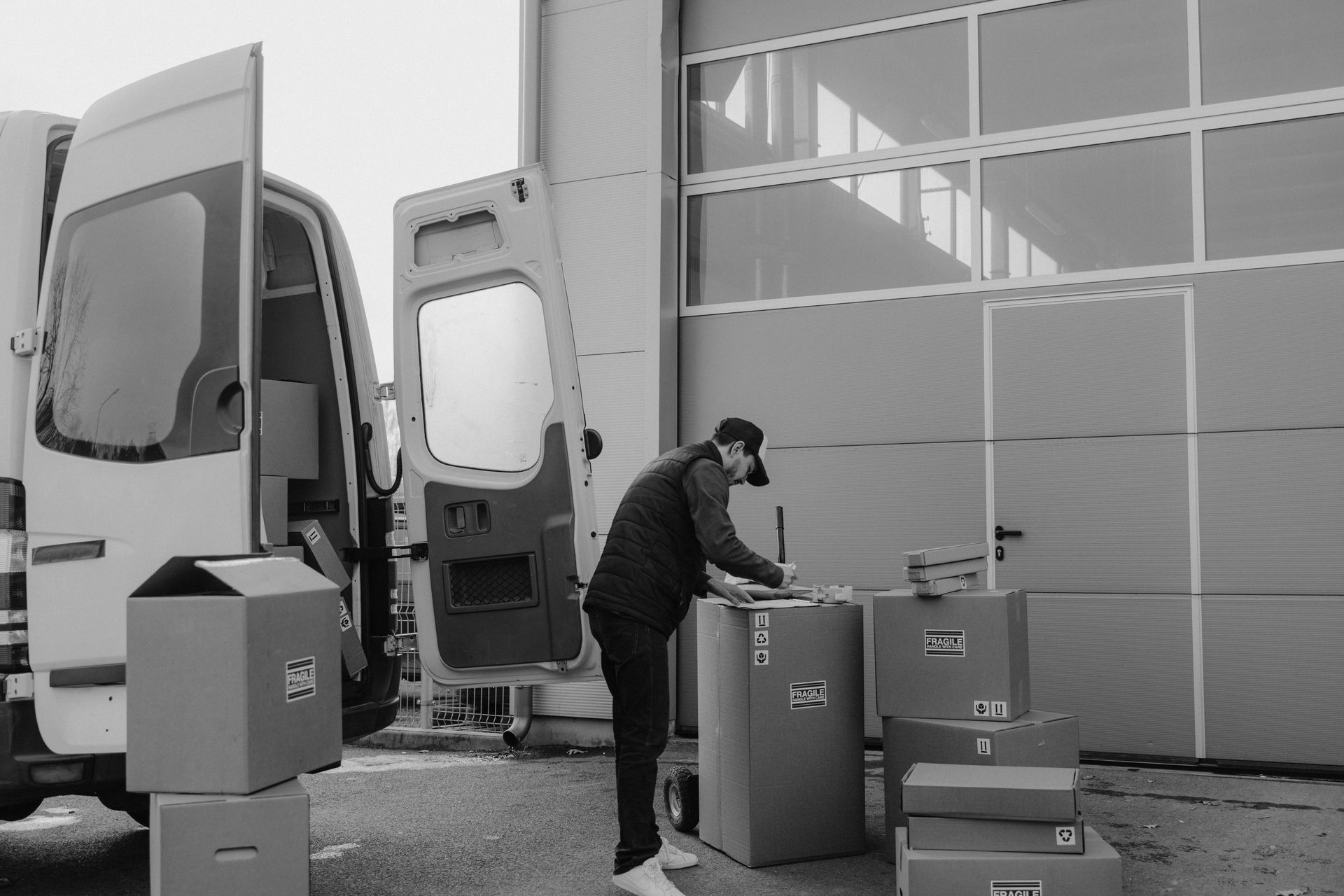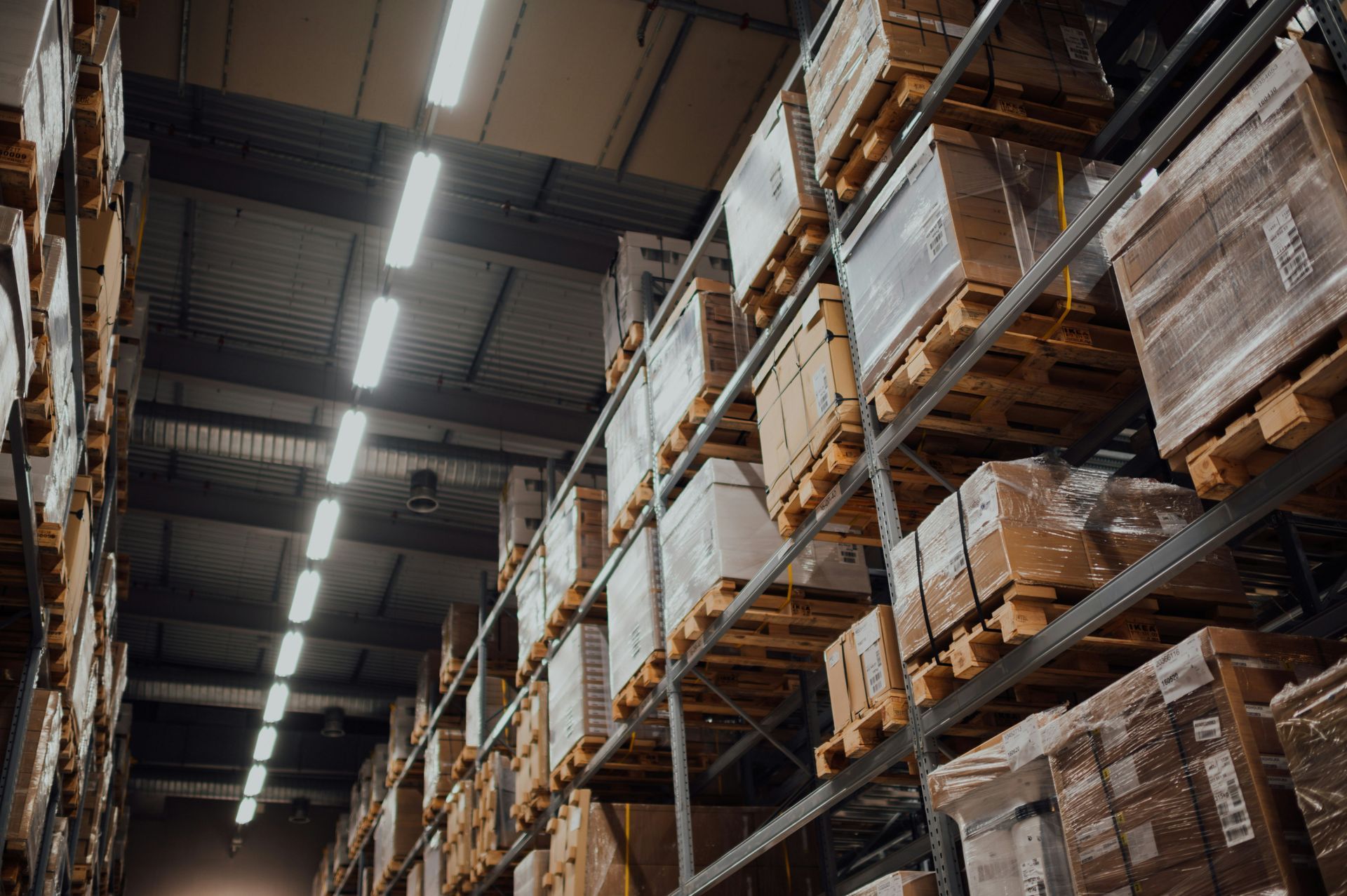The Impact of Technology on Modern Logistics
In today’s fast-paced, interconnected world, technology is revolutionizing every aspect of logistics.
From real-time shipment tracking to warehouse automation and data-driven decision-making, the logistics industry is experiencing a profound transformation.
Companies that embrace these advancements are not only improving efficiency and transparency but also gaining a competitive edge in a rapidly evolving marketplace.
Real-Time Tracking and Visibility
One of the most significant technological breakthroughs in logistics is real-time tracking.
With the integration of GPS technology and IoT (Internet of Things) devices, businesses can now monitor shipments at every stage of the journey.
This level of visibility reduces delays, enhances transparency, and allows both companies and customers to receive accurate delivery estimates.
Real-time tracking also enables logistics providers to quickly identify and resolve issues, minimizing disruptions and enhancing overall customer satisfaction.
Automation and Robotics
Automation continues to transform logistics operations, from the warehouse floor to the final mile of delivery.
Automated picking systems, conveyor belts, and even autonomous robots are now commonplace in modern warehouses.
These technologies streamline order fulfillment, reduce human error, and increase processing speed. For example, robotic arms can handle repetitive or hazardous tasks, freeing human workers to focus on more complex responsibilities.
The result: a safer, more efficient, and cost-effective operation.
Data Analytics and Predictive Modeling
Data is the new currency in logistics. Advanced analytics tools allow companies to forecast demand, optimize inventory, and plan efficient delivery routes.
Predictive modeling uses historical and real-time data to anticipate potential disruptions, such as weather events or supply chain bottlenecks.
By leveraging these insights, logistics providers can make smarter decisions, reduce costs, and ensure timely deliveries. In a competitive market, those who use data wisely win.

Cloud-Based Solutions and Collaboration
Cloud technology has revolutionized information sharing and collaboration among supply chain partners.
Cloud-based logistics platforms provide a centralized hub for real-time data access, reducing paperwork and streamlining communication.
This enables seamless coordination between manufacturers, suppliers, carriers, and customers. The result is a more agile and responsive supply chain that can adapt quickly to changing market demands.
Artificial Intelligence and Machine Learning
Artificial intelligence (AI) and machine learning are driving the next wave of innovation in logistics. AI-powered systems can analyze vast amounts of data to optimize routes, predict maintenance needs, and even automate customer service through chatbots.
Machine learning algorithms continually improve over time, enabling logistics companies to anticipate trends, manage inventory effectively, and enhance the customer experience.
These technologies are not just making logistics smarter; they’re making it more resilient and adaptable.
The Internet of Things (IoT)
IoT devices are transforming logistics by providing real-time data on everything from vehicle location to cargo temperature. Sensors embedded in shipments and vehicles allow companies to monitor conditions and respond proactively to issues.
For example, if the temperature of a refrigerated shipment rises unexpectedly, an alert can trigger immediate action to prevent spoilage.
This level of control and visibility is crucial for industries like food, pharmaceuticals, and high-value goods.

Sustainability and Green Logistics
Technology is also playing a crucial role in making logistics more sustainable. Route optimization software reduces fuel consumption, while electric and hybrid vehicles lower emissions.
Warehouse automation minimizes energy use, and data analytics help companies identify opportunities to reduce waste.
As consumers and regulators demand greener supply chains, technology will play a crucial role at the forefront of these efforts.
Challenges and Opportunities
While the benefits of technology in logistics are clear, the rapid pace of change presents challenges.
Companies must invest in workforce development to ensure employees can operate advanced equipment and software. Cybersecurity and data privacy are also critical concerns as more operations move online. However, the opportunities far outweigh the risks.
Businesses that invest in the latest logistics technologies are better positioned to meet customer expectations, adapt to disruptions, and drive growth.
Partner with Gustine Logistics
The impact of technology on modern logistics is profound and ongoing.
From real-time tracking and automation to AI and sustainability initiatives, these advancements are transforming the way goods move around the world.
Logistics companies that embrace innovation will not only improve efficiency and transparency but also build more resilient, customer-focused supply chains.
As the industry continues to evolve, staying informed and investing in technology is essential for long-term success.
Ready to transform your supply chain?
Contact us today to discover how our technology-driven solutions can streamline your operations, boost efficiency, and keep you ahead in a fast-changing world.



